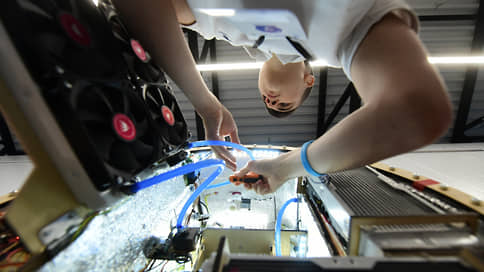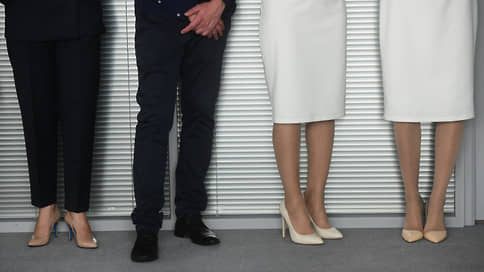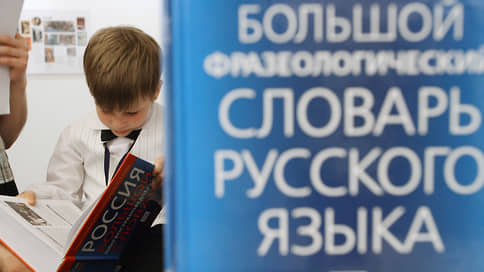The Ministry of Education and Science distributed more than 4 billion rubles for advanced engineering schools

As it became known to Kommersant, twenty Russian universities will receive 4.1 billion rubles. on the development of advanced engineering schools. As part of this project, universities, together with business, create a platform for joint training of students and developments that can be used in production. According to Prime Minister Mikhail Mishustin, on the basis of such schools, engineers and scientists will prepare for “technological changes in the future of Russia”.
The Ministry of Education and Science summed up the results of the grant competition and distributed financing for 2025 between universities – participants of the project “Advanced Engineering Schools” (Pish). Twenty universities will receive a total of federal financing in the amount of 4.1 billion rubles. In March 2025, the project council heard annual reports of participants in the second wave. The participants were evaluated by experts, the Council also compared the results of monitoring the achievement of the values of the write indicators and the presentation of universities with the participation of partner companies. As a result, five universities will receive 311.8 million rubles each, ten universities – 210.1 million rubles. And five more universities – 88.1 million rubles each. (The list of universities is published on the site “Kommersant”).
Write is aimed at training specialists for high -performance sectors of the economy focused on export. Universities selected in the competition, together with companies from the real sector, create a site for joint developments and training of students at universities. Each Pish works in scientific and technological areas that correspond to the profile of partner companies. Schools are financed by federal grants, but on the basis of co -financing from business. For students, internships and practices in enterprises are organized, companies are involved in teaching, as well as improve the qualifications of university teachers in production. Schoolchildren can also participate in the activities of writing, connecting to engineering projects. According to the Ministry of Education and Science, in 2024, more than 6 thousand students studied in Pysh. Another 13.5 thousand engineers took place in the writers of advanced training programs, and more than 1.5 thousand students – practices and internships.
Recall that the launch of the project was reported in October 2021, when the government approved a list of 42 initiatives of Russia’s socio-economic development until 2030. The rules of competitive selection in the project were published in April 2022 – and in June 30 winners were announced. Now, according to the Rules of the Program, write in these universities are fully funded by industrial partners. Among other things, they include Rosatom, Roscosmos, Rostec, Siber and Gazprom Neft.
In December 2023, 20 participants in the second wave project were announced – federal financing was now distributed between them.
In total, there are 50 write in 23 regions now. By 2030, on behalf of the President, the number of writing should double. The volume of co -financing Pies on the part of partners for their entire existence amounted to 42 billion rubles – 12 billion more than allocated from the federal budget.
“To answer the challenges of time and technological changes in the future of Russia, engineers, inventors, and scientists are especially necessary. 50 advanced engineering schools have already aimed at this. 250 of our high-tech, the best, if you want, companies in the country are involved in their work, ”said Prime Minister Mikhail Mishustin on March 26 during Report About the work of the government before the State Duma.
“Business understands that without solving engineering problems it is impossible to introduce new technologies and modernize production,” said Kirill Semion, general director of ANU “National Competence of Competence for Holding Management Systems”. The involvement of industrial partners in the setting of practical tasks during training is “the best option for the cultivation of qualified engineering personnel,” he said. “Cooperation with universities within the framework of writing in the near future will give business the opportunity to attract young specialists with a fresh look at solving difficult problems and get talented personnel,” said Yevgeny Kuzmin, head of the cybersecurity of the Innostage Academy of Cybersecurity. In her opinion, the business will not only develop engineering competencies for its own needs, but also form the high -tech personnel potential of the market as a whole.








